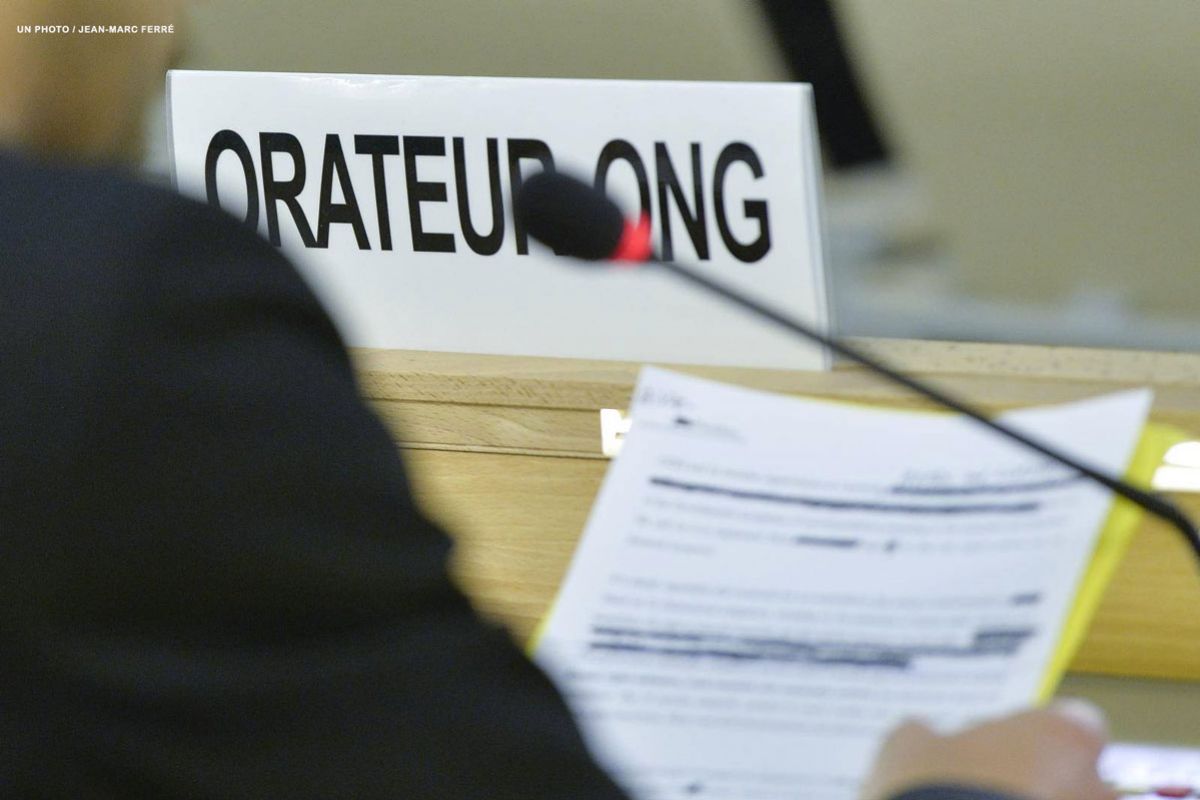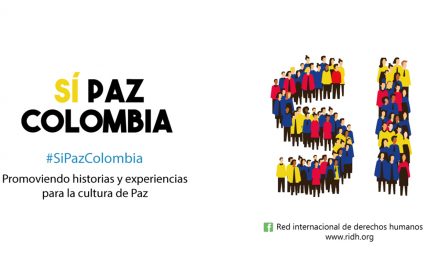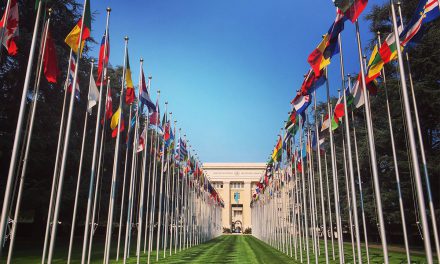What space for civil society at the United Nations Human Rights Council?
During Human Rights Council’s meetings, we hear of the importance of the work of NGOs. Yet, as civil society representatives, we wonder how much credit the intergovernmental mechanism really gives us.

We constantly hear during Human Rights Council’s meetings of the importance of civil society actors and the central role they play in promoting human rights worldwide. States praise the work of NGOs and say how much they value their work. Yet, as civil society representatives, we sometimes wonder how much credit the intergovernmental mechanism really gives us.
The fact that Room XX of the Palais des Nations empties once the floor is given to civil society actors can already be considered a sign that our interventions are judged lesser than those of member and observer states. But when the President of the HRC, Mr Choi Kyong-lim, opens the session warning against intimidation of civil society representatives during Council’s meetings, it clearly shows that our presence may well make some uneasy.
During the meeting of the President with NGOs on 22nd September 2016, a civil society representative questioned the reduced speaking time of NGOs and National Human Rights Institutions to 2 minutes in Clustered Interactive Dialogues. The speaking time used to be 3 minutes, subject to being cut down to 2 if the list of speakers was too long. This change did not apply to observer states.
The question was considered a detail by the Secretariat, not worth debating on, and the reason given was that since more time was allocated to special procedure mandate holders, less time could be given to NGOs to enable more organisations to speak. It does appear as a detail, nonetheless, this is a simple example of how the space for civil society at the HRC is shrinking.
Furthermore, when a question on the lack of debate around communications – a crucial mechanism for victims of human rights violations – was raised, Mr Choi declared that civil society representatives could bring the report of Special Procedures into consideration during General Debates. With 2 minutes to speak, it would take a coalition of NGOs for the issue to be indeed seriously debated.
The informal meeting was cut short by the President who had other commitments for the day, leaving yet again less space for civil society to express itself. It is not to say that the agenda of the HRC is not expanding, and restrictions on speaking time are understandable. But why for civil society and not for observer states?
Steffen Kongstad, Norwegian Ambassador, when presenting a draft resolution during the 31st session of the HRC on human rights defenders declared: “as governments, we may not always agree with human rights defenders, but their right to work safely without retaliation is a key element in building and maintaining sustainable, open and democratic societies.” This statement was principally referring to defenders on the ground.
But the right to work of civil society actors also applies to their participation to HRC’s sessions. It is a mechanism which allows us to bring local issues to the eyes of the international community. It is an active part of our work and the feeling that the rug is being pulled from under our feet is highly frustrating.
Spanish version available here.




